detail profile viktor stanitsyn
Peran Yang Di Mainkan Viktor Stanitsyn
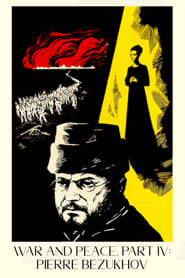 As Moscow is set ablaze by...
As Moscow is set ablaze by...War and Peace, Part IV: Pierre Bezukhov 1967
As Moscow is set ablaze by the retreating Russians, the Rostovs flee their estate, taking wounded soldiers with them, and unbeknownst to them, also Andrei. Pierre, dressed as a peasant, tries to assassinate Napoleon but is taken prisoner. As the French are forced to retreat, he is marched for months with the Grande Armée, until being freed by a raiding party. The French are defeated by Kutuzov in the Battle of Krasnoi. Andrei is recognized and is brought to his estate. He forgives Natasha on his deathbed. She reunites with Pierre and they marry as Moscow is being rebuilt.
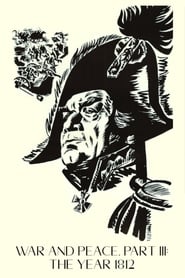 In 1812 Napoleons Army invades Russia Kutuzov...
In 1812 Napoleons Army invades Russia Kutuzov...War and Peace, Part III: The Year 1812 1967
In 1812, Napoleon's Army invades Russia. Kutuzov asks Bolkonsky to join him as a staff officer, yet the prince requests a command in the field. Pierre sets out to watch the upcoming confrontation between the armies. During the Battle of Borodino, he volunteers to assist in an artillery battery. Bolkonsky's unit waits in the reserve, but he is hit by a shell. Both Anatol and Bolkosnky suffer severe wounds. The French Army is victorious and advances on Moscow.
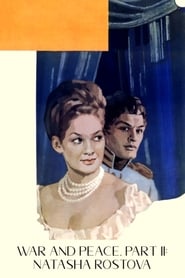 In the end of 1809 Natasha attends...
In the end of 1809 Natasha attends...War and Peace, Part II: Natasha Rostova 1966
In the end of 1809, Natasha attends her first ball. Andrei falls in love with her and intends to marry her, but her father demands they wait. The prince travels abroad, and Natasha desperately longs for him. But she then meets Anatol Kuragin and forgets of Andrei. At the last minute, she regrets and abandons her plans to elope with Anatol. Bolkonsky hears of this and declares their betrothal is over. Pierre, trying to calm her down, suddenly announces he loves her.
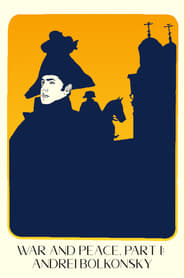 The first film of a fourpart...
The first film of a fourpart...War and Peace, Part I: Andrei Bolkonsky 1966
The first film of a four-part adaptation of Leo Tolstoy’s 1869 novel. In St. Petersburg of 1805, Pierre Bezukhov, the illegitimate son of a rich nobleman, is introduced to high society. His friend, Prince Andrei Bolkonsky, joins the Imperial Russian Army as aide-de-camp of General Mikhail Kutuzov in the War of the Third Coalition against Napoleon.
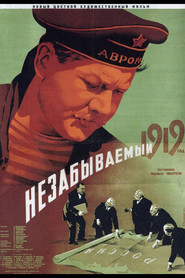 Soviet propaganda film in two episodes...
Soviet propaganda film in two episodes...The Unforgettable Year 1919 1951
Soviet propaganda film in two episodes about Stalin's strong and cruel suppression of the 1919 anti-communist uprising in St. Petersburg, Russia. Stalin and Lenin are shown as heroes who destroyed the efforts of anti-communists led by White Russians with support from "bad" British capitalists headed by Sir Winston Churchill and Lloyd George.
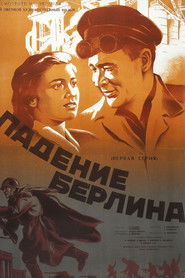 Surrounded by a few party officials...
Surrounded by a few party officials...The Fall of Berlin 1950
Surrounded by a few party officials, Alexei Ivanov, a stakhanovist smelter, is decorated by Stalin. The "Little Father of the Peoples" takes this opportunity to invoke threats of war.... One day, war indeed breaks out. Bombs fall on the field where Alexei finds himself in the company of the schoolmistress Natacha, his fiancée. Alexei joins the Red Army and soon becomes a sergeant. Fighting rages and German troops advance. Natacha is arrested and deported. But the tide turns decisively with the German defeat at Stalingrad. Now the major offensive against Hitler can begin.
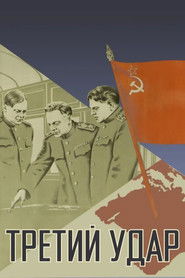 On April 1944 Joseph Stalin orders the...
On April 1944 Joseph Stalin orders the...The Third Blow 1948
On April 1944, Joseph Stalin orders the Red Army to liberate the Crimea from the German occupiers. The Wehrmacht's local commanders beg Hitler to allow them to retreat from the vulnerable position, but he refuses. After a fierce battle, the Soviet forces destroy the German and Romanian units defending the peninsula and retake Sevastopol.
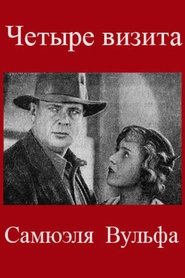 Not being able to implement his...
Not being able to implement his...The Four Visits of Samuel Wolfe 1934
Not being able to implement his invention in his home country, engineer Arrowsmith, the author of the patent for ore flotation, goes to the USSR to work at one of the flotation plants, where he soon learns that a group of Soviet engineers is conducting similar work.
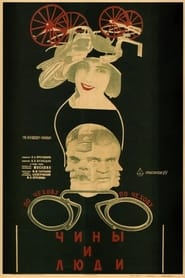 From his early silent works the...
From his early silent works the...Ranks and People 1929
From his early silent works, the great Russian film director, Herr Yakov Protazanov, made literary adaptations from equally great Russian writers, as is the case with "Chiny I Lyudi" ( Ranks And People ) (1929) in which three short stories by Chekhov, "Anna On The Neck", "Death Of A Petty Official" and "Chameleon" were assembled for the silent screen.
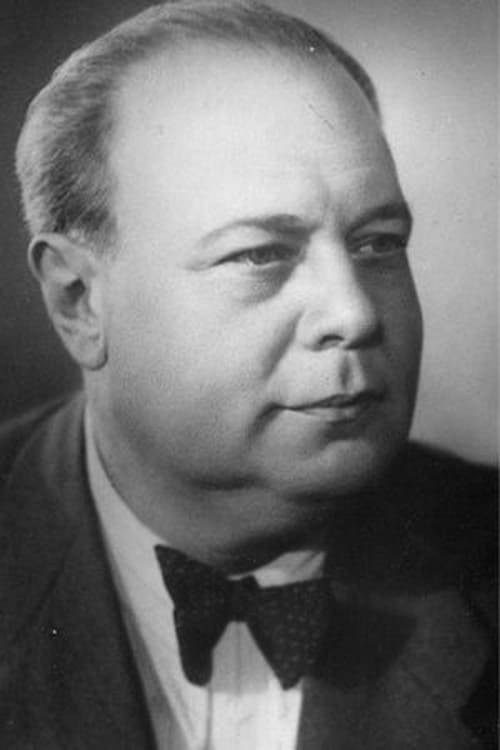
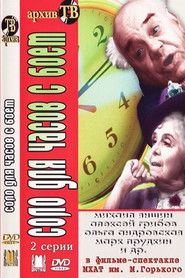
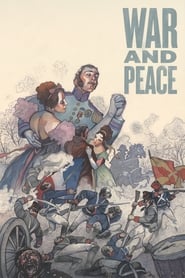 A sevenhour epic adaptation of the...
A sevenhour epic adaptation of the...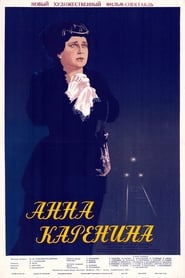 The performance of the Moscow Art...
The performance of the Moscow Art...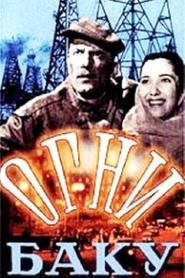 Dedicated to the development of the...
Dedicated to the development of the...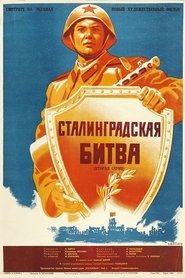 A 1949 twopart Soviet epic war film...
A 1949 twopart Soviet epic war film...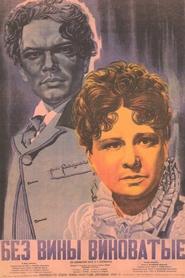 A story based on a classic...
A story based on a classic...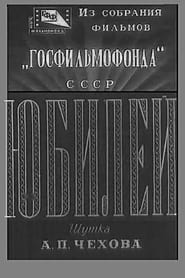
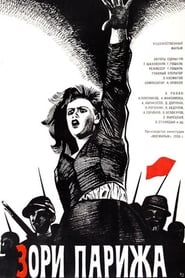 Paris Commune 18701871 Poor working class in...
Paris Commune 18701871 Poor working class in...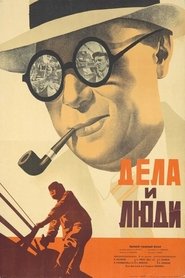 An American engineer consulting on a...
An American engineer consulting on a...